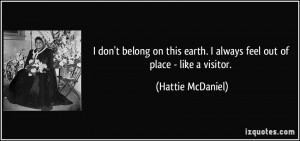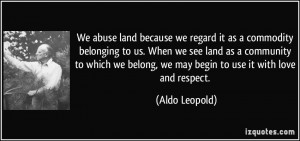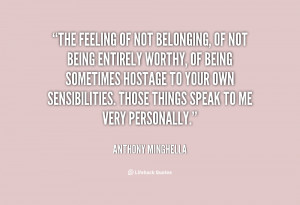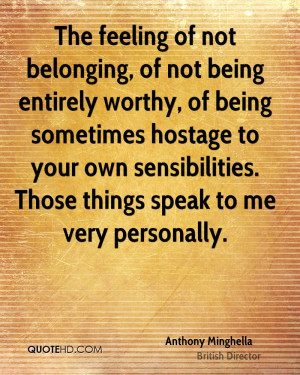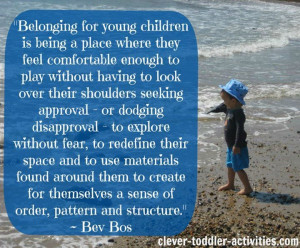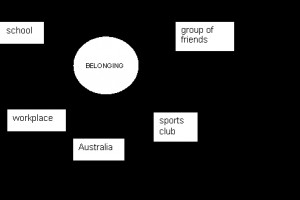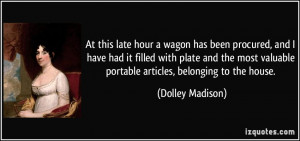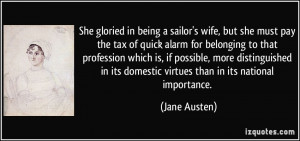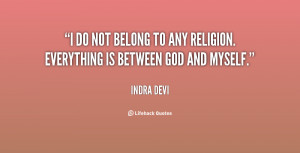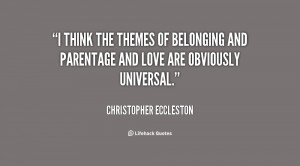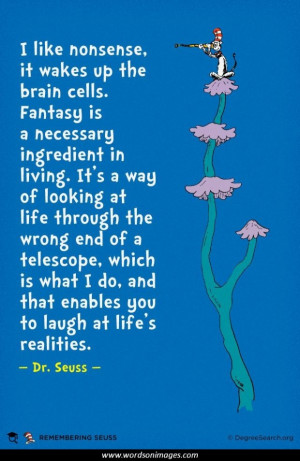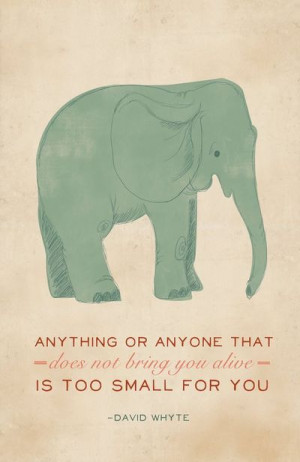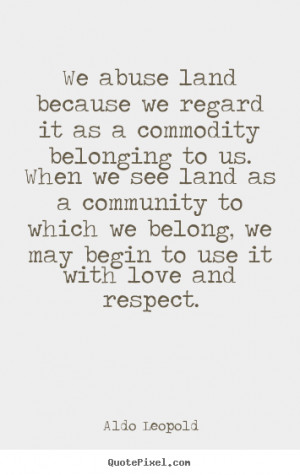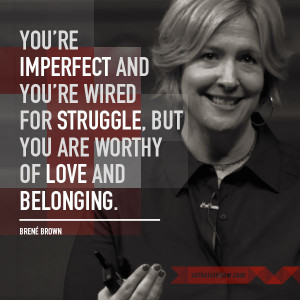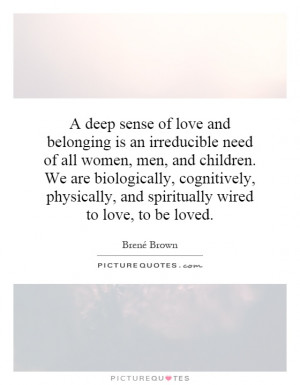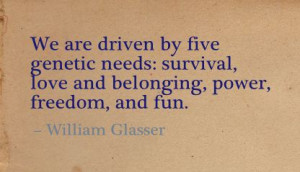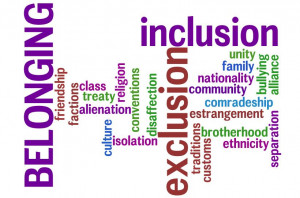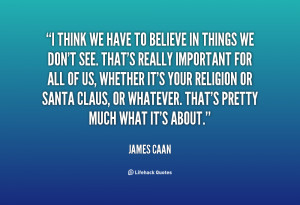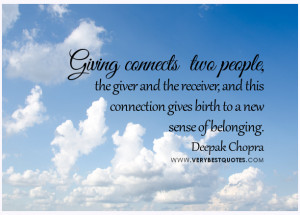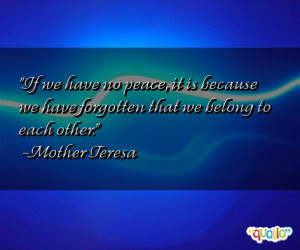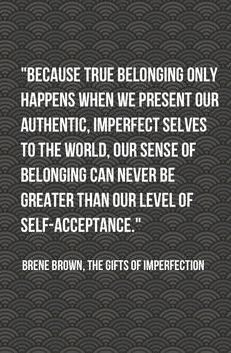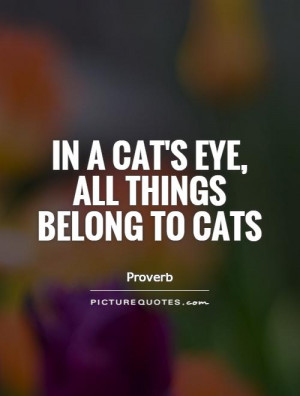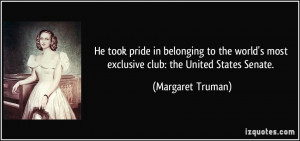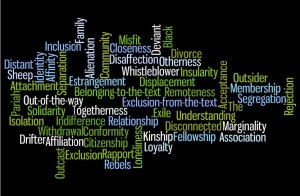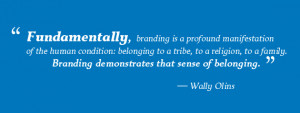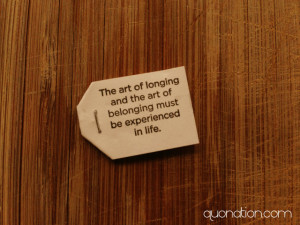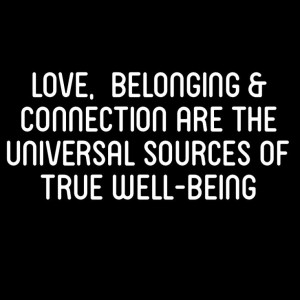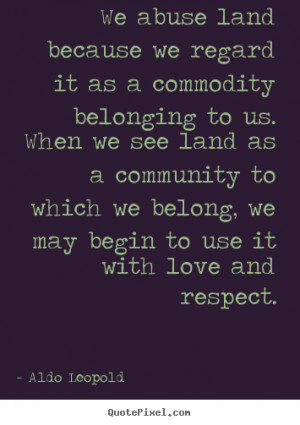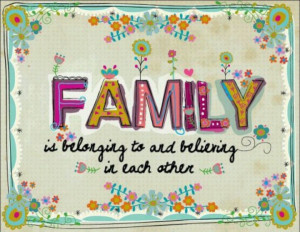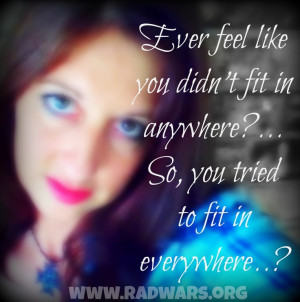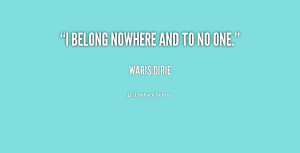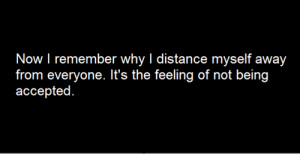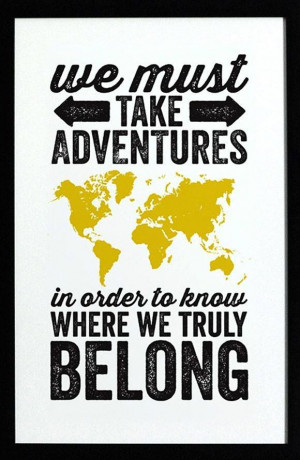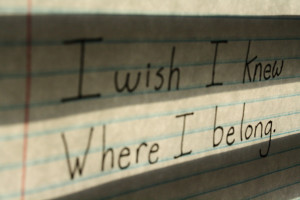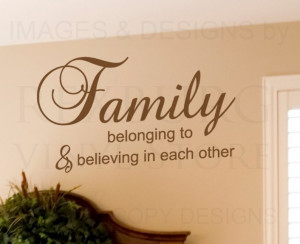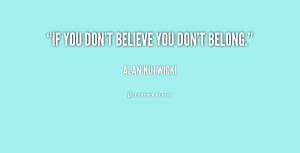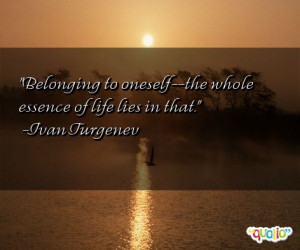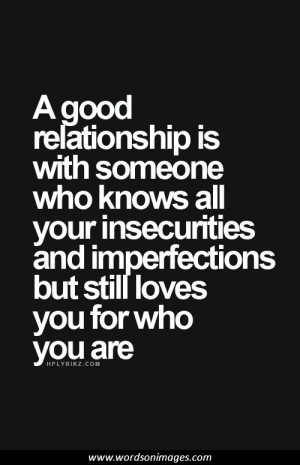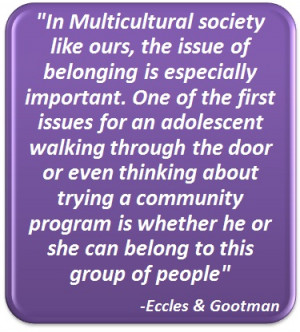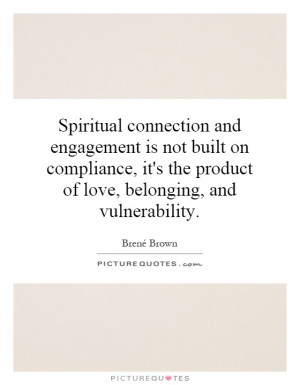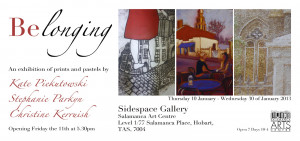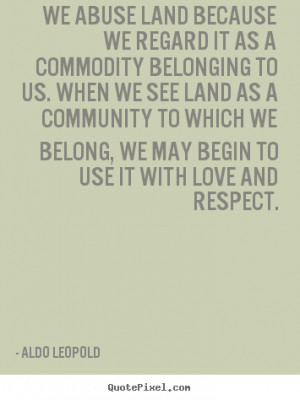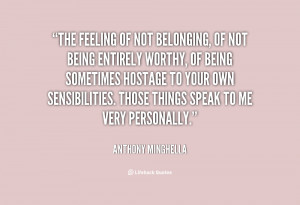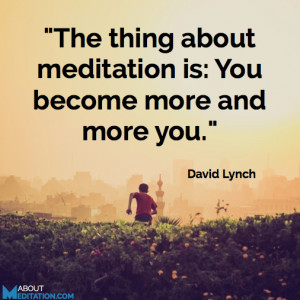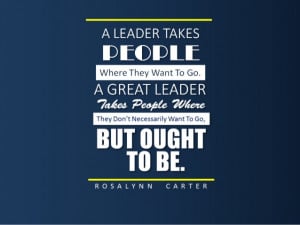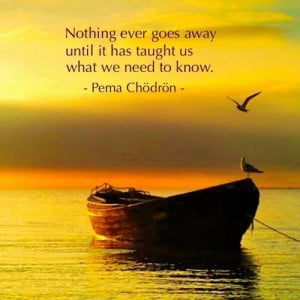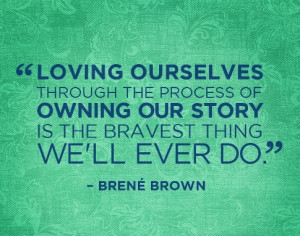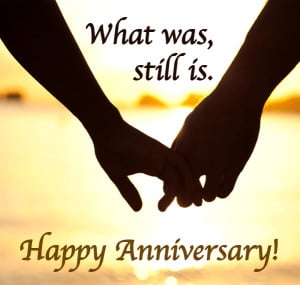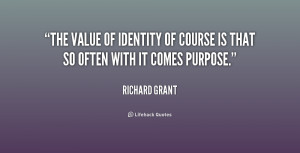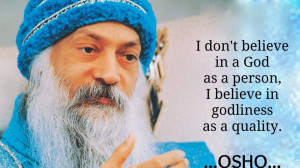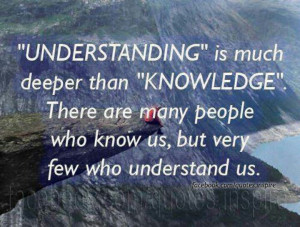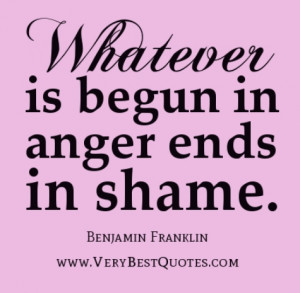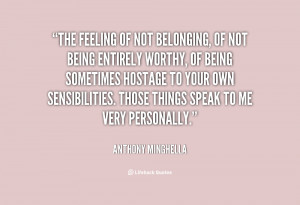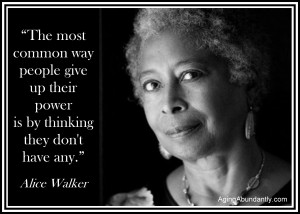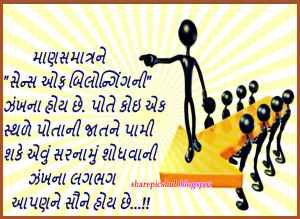Belonging Quotes
A deep sense of love and belonging is an irreducible need of all people. We are biologically, cognitively, physically, and spiritually wired to love, to be loved, and to belong. When those needs are not met, we don't function as we were meant to. We break. We fall apart. We numb. We ache. We hurt others. We get sick.
I spent a lot of years trying to outrun or outsmart vulnerability by making things certain and definite, black and white, good and bad. My inability to lean into the discomfort of vulnerability limited the fullness of those important experiences that are wrought with uncertainty: Love, belonging, trust, joy, and creativity to name a few.
My identity was a big issue when I was a teenager, and I had a lot of questions, like: 'Who am I?' 'Who do I belong to?' But when I was still quite young, I decided that belonging is a tough process in life, and I'd better say I belonged to myself and the world rather than belonging to one nationality or another.
People who volunteer at the recycling center or soup kitchen through a church or neighborhood group can come to feel part of something 'larger.' Such a sense of belonging calls on a different part of a self than the market calls on. The market calls on our sense of self-interest. It focuses us on what we 'get.'
In thinking about religion and society in the 21st century, we should broaden the conversation about faith from doctrinal debates to the larger question of how it might inspire us to strengthen the bonds of belonging that redeem us from our solitude, helping us to construct together a gracious and generous social order.
